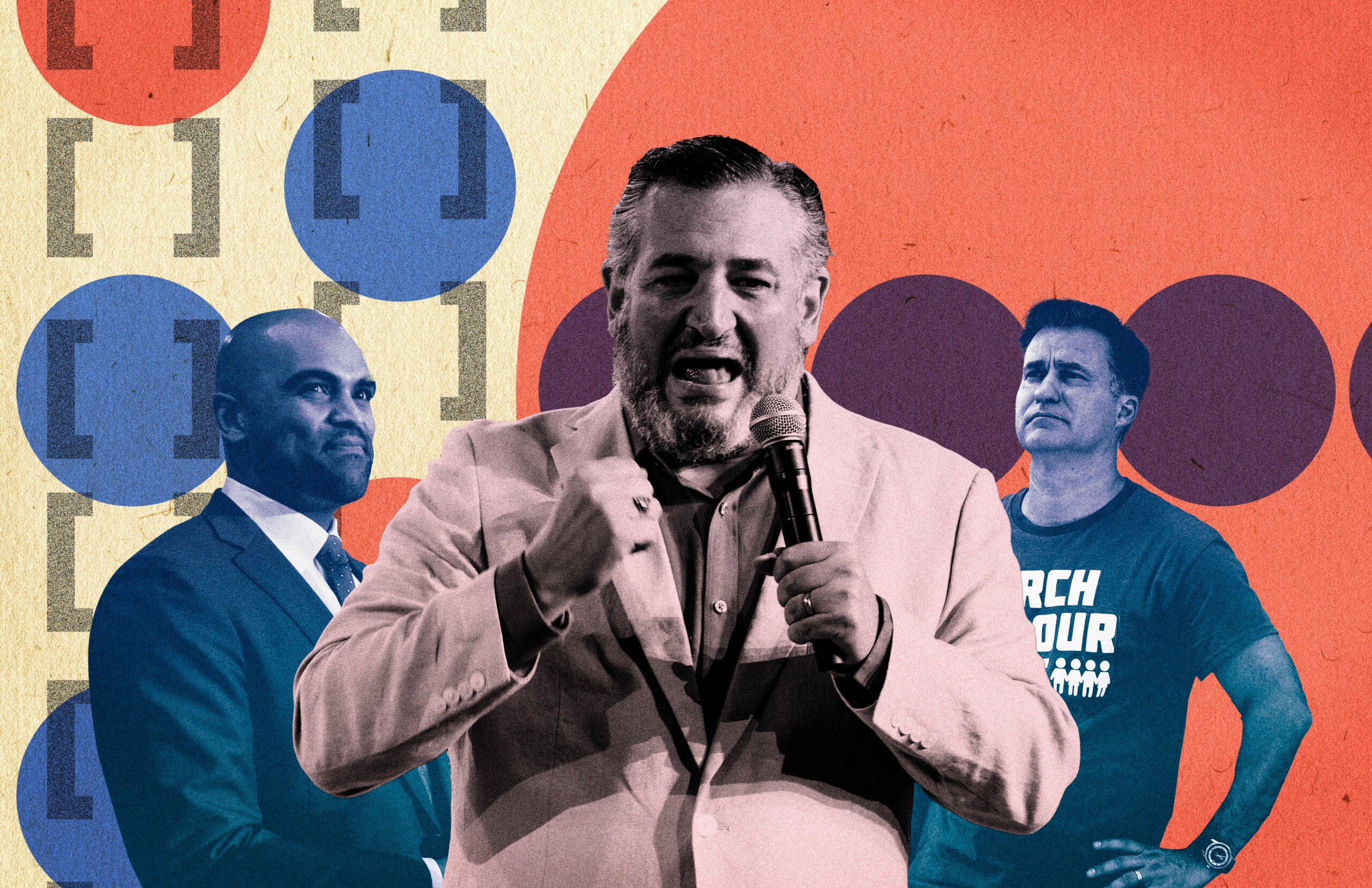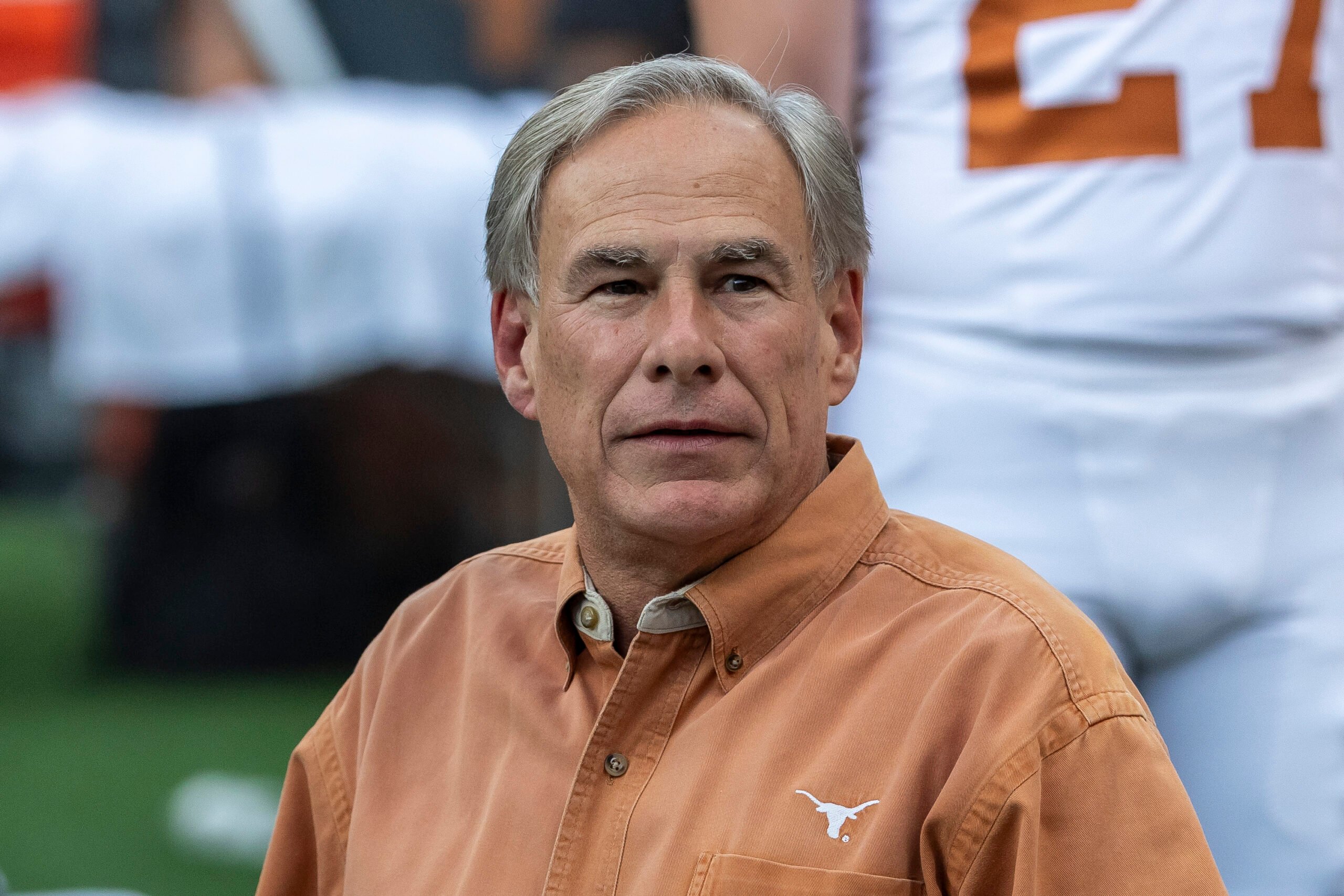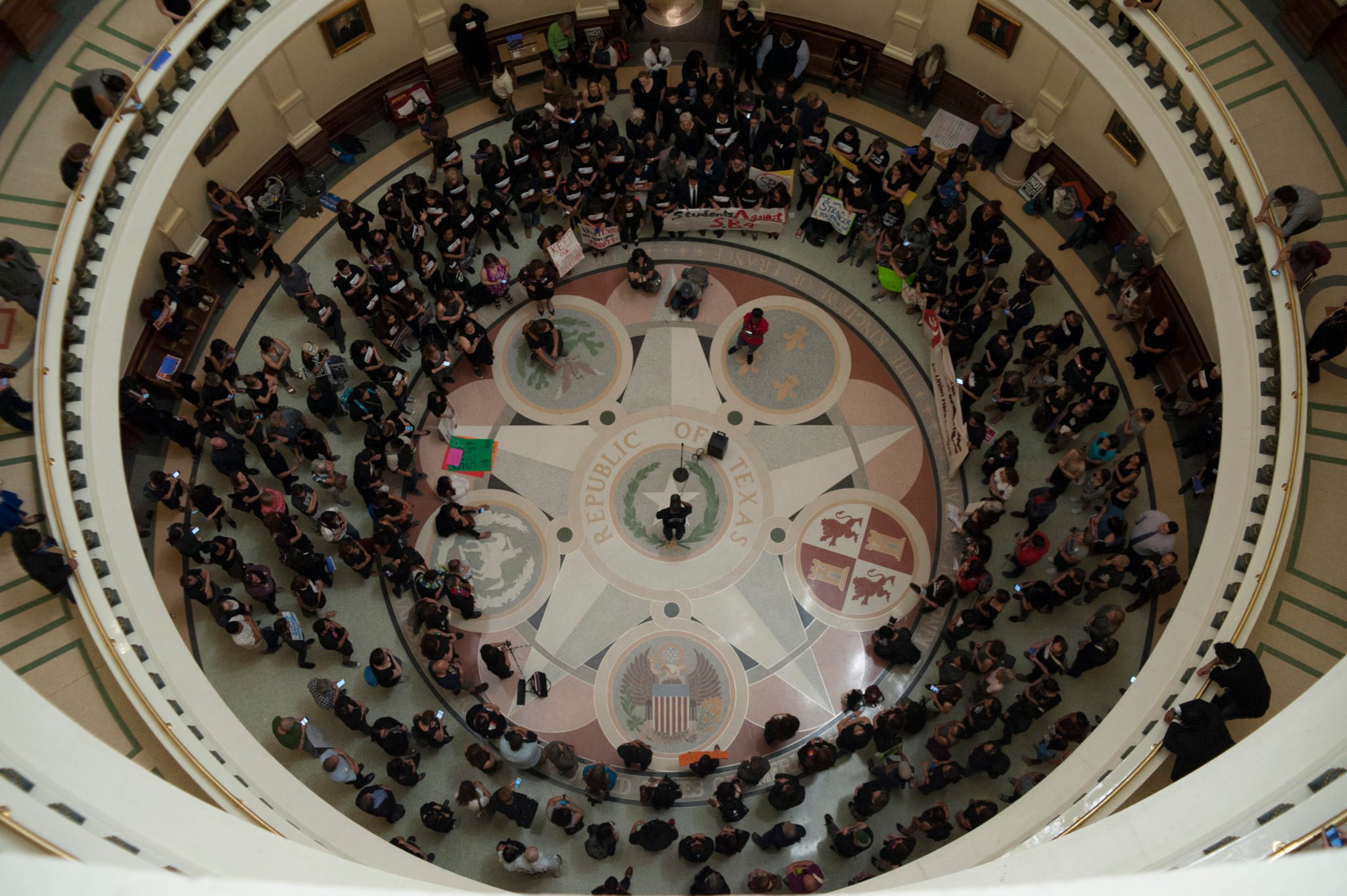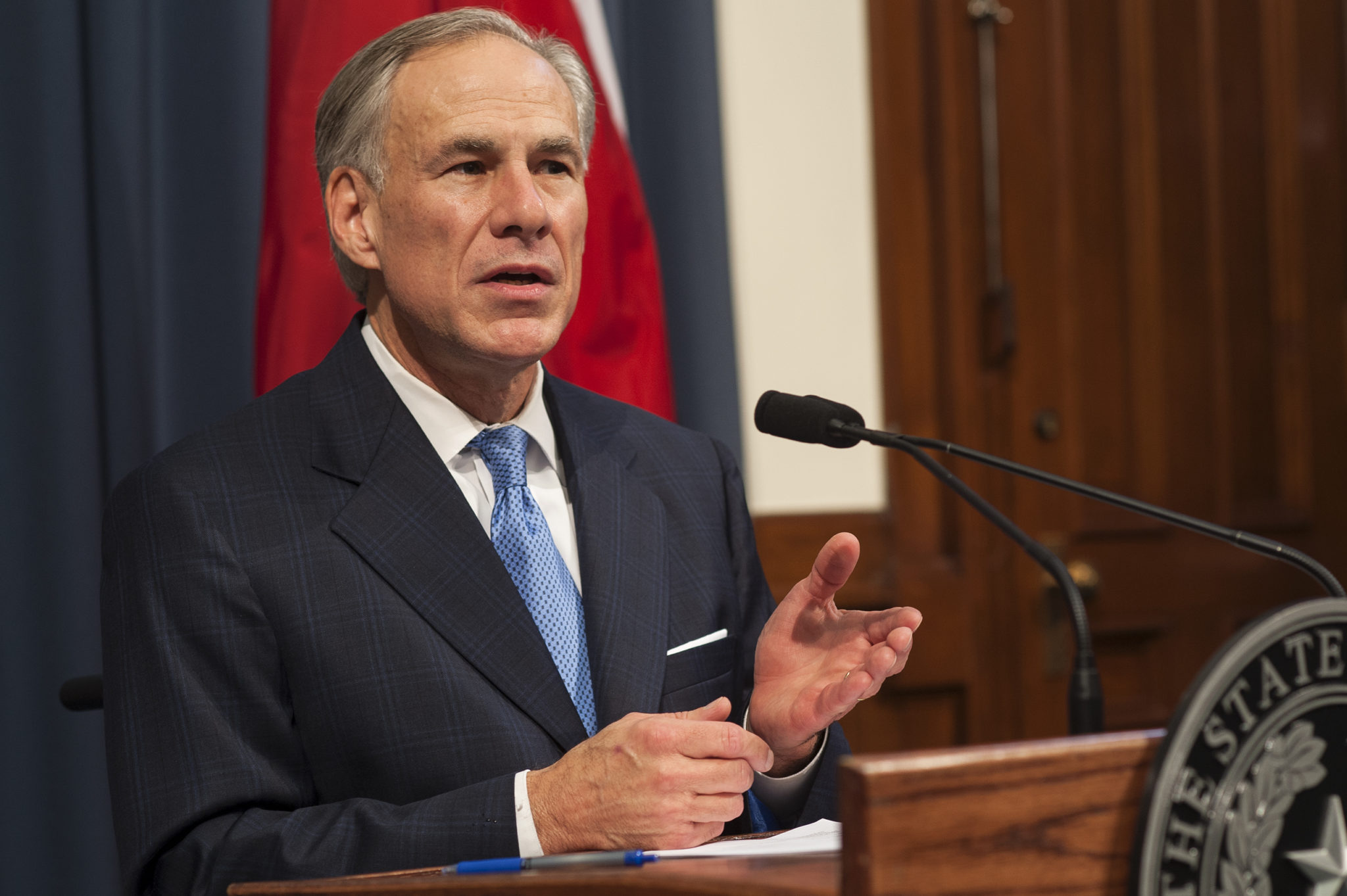
30 Days of Horror: Greg Abbott Calls Texas Legislature Back for Summer Session
The governor announced the Legislature will reconvene on July 18 to address his grab-bag list of 20 issues.

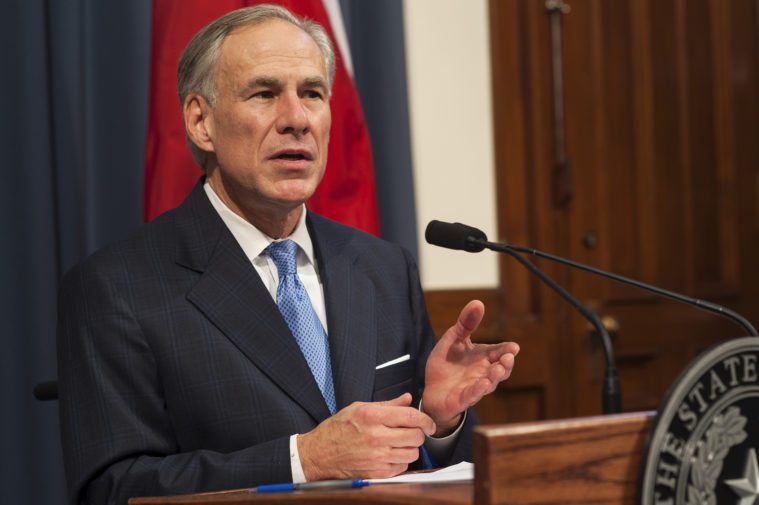
At a press conference in which he took no questions, Governor Greg Abbott announced a July 18 special session that had a not-so-subtle undertone: I’m in charge. Since the regular session of the Texas Legislature wrapped up a week ago, political observers have wondered if and when Abbott would bow to pressure from Lieutenant Governor Dan Patrick to call a 30-day special session to take up his causes of property tax reform and bathroom regulations for trans people.
Abbott revealed an agenda Tuesday that both fell short of what Patrick wants and goes well beyond the expected shortlist. Instead, the governor unveiled a potpourri of right-wing causes that have failed to gain much traction in the Legislature, including restrictions on deducting union dues from paychecks and an old-school attack on the People’s Republic of Austin, in this case the city’s rules protecting heritage trees.
Still, the agenda had the lieutenant governor’s fingerprints on it. For example, Abbott wants to revive “school choice for special needs students” (read: private school vouchers) — a pet Patrick issue rejected by the House.
Employing a bit of political euphemism, Abbott labeled the anti-trans bathroom policy in his 20-item list simply as “Privacy.” The governor said little about the issue during his press conference but called for language similar to House Bill 2899, a somewhat less draconian version of Patrick’s proposal that still would have struck down city and school district rules protecting the rights of trans people.
“At a minimum, we need a law that protects the privacy of children in our public schools,” Abbott said.
In a press release, Patrick “congratulate[d]” Abbott on a “big and bold special session agenda which solidly reflects the priorities of the people of Texas,” but did not mention bathrooms.
Abbott squeezed in one jab at Patrick at the press conference. In an effort to force a special session over the so-called bathroom bill, Patrick and the House Freedom Caucus killed must-pass legislation continuing the Texas Medical Board and other agencies in the final month of the Legislature.
“A special session was entirely avoidable,” Abbott said. “Unfortunately, [the sunset bill] was used as political fodder during the regular session rather than the must-pass legislation that it is.”
As soon as the sunset measure passes the Senate, Abbott said the other 19 items will be in play for lawmakers to consider during the 30-day overtime.
“If I’m going to ask taxpayers to foot the bill for a special session, I intend to make it count,” said Abbott, referencing the nearly $1 million price tag for each special session.
Abbott’s grab-bag agenda includes such conservative red-meat issues as mail-in ballot voter fraud and anti-abortion measures. The latter would ban private insurance plans from covering the procedure, prohibit government funding of abortion providers and their affiliates, and require more reporting of abortion complications, which are extremely rare.
On Tuesday, Abbott also signed into law Senate Bill 8, which requires burials for fetal remains and bans the most common form of second-trimester abortion. The law could also make it legal to jail people who help women access the procedure.
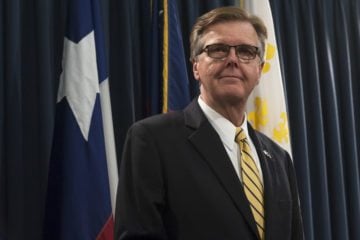
The governor lobbied for a property tax reform bill, also championed by Patrick, that would force local governments to hold elections before raising property tax rates by 5 percent. Abbott pushed for a bill to cap state and local spending with population growth and inflation, saying it would “put a lid on government’s ability to raise taxes.”
Abbott continued the state’s crusade against what he calls “regulatory overreach” and “a patchwork quilt of local regulations.” He called on lawmakers to pass bills that would pre-empt and ban local governments from enforcing a wide range of regulations on things such as trees, construction permits, texting while driving and annexation.
“Some local governments, like the city of Austin, are doing everything they can to overregulate,” Abbott said. “In the process, they are stifling our economy, interfering with job creation and undermining private property rights.”
Abbott also called for a $1,000 raise for public school teachers, more flexibility for administrators to hire and fire educators and a commission to “overhaul” the state’s “outdated” school finance system.
In a statement, House Democratic Caucus Chair Representative Chris Turner said the commission “simply pays lip-service to this issue and further kicks the can down the road.”
Abbott also called on lawmakers to extend the state’s Maternal Mortality and Morbidity Task Force. Texas has the highest rate of pregnancy-related deaths in the developed world, but lawmakers largely ignored the issue this session.
Many Lege watchers believe Patrick is gearing up for a primary challenge to Abbott, though the Houston Republican and former right-wing radio talker has said he has no interest.
Progressives derided Abbott’s announcement in press releases. GLAAD, an LGBT rights organization, called it the “special discrimination session.” The Texas Freedom Network, which advocates for the separation of church and state, said the governor is “doubling down on the culture wars.”
The special session can last up to 30 days, and lawmakers can only consider legislation related to Abbott’s agenda. The governor has the authority to call as many special sessions as he wants.
“If [legislators] fail, it’s not for lack of time, it would be because of a lack of will,” Abbott said. “I expect legislators to return with a calm demeanor and a firm commitment to make Texas even better.”
Staff writer Gus Bova contributed to this report.
